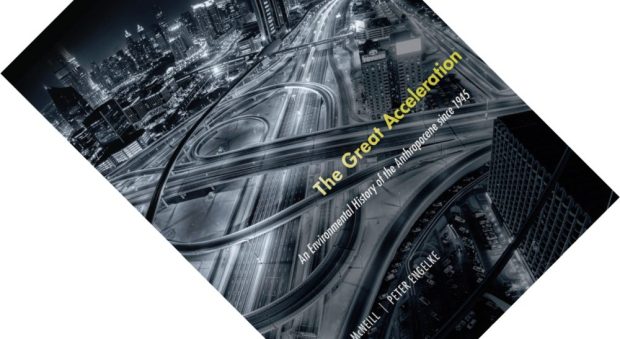10-minute read
keywords: history, wildlife conservation
You would think that wildlife conservation organisations are a force for good in the world. Yet, despite their undoubtedly best intentions today, historian Guillaume Blanc argues that colonialist shadows still loom large over their actions and ideas. The Invention of Green Colonialism is a searing critique of wildlife conservation in Africa. Establishing national parks often means the forced eviction of poor people, all to recreate an unspoilt version of African nature that never existed in the first place. This thought-provoking book has already ruffled quite some feathers but forces critical reflection.









